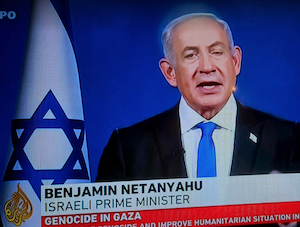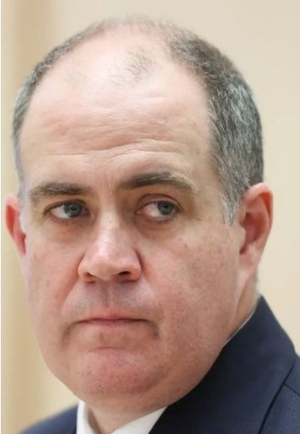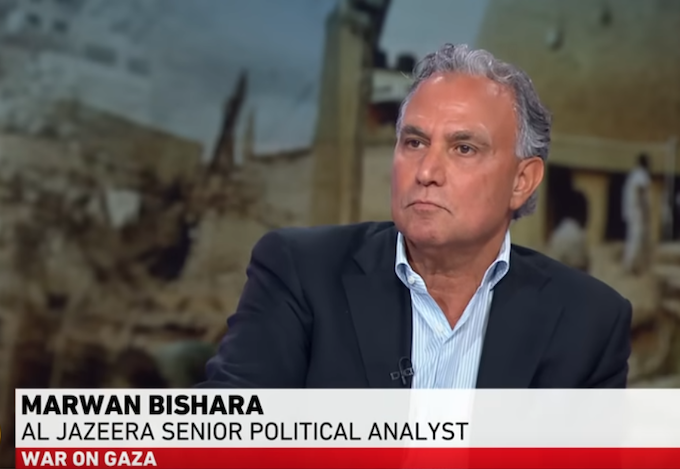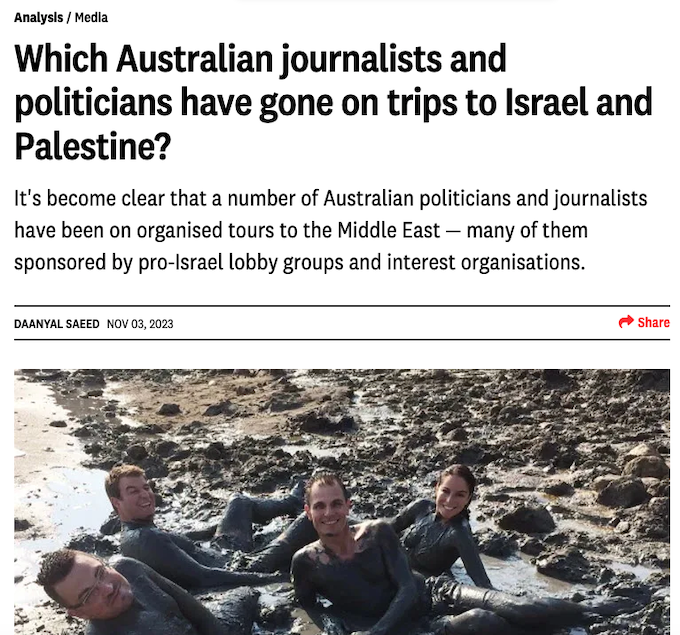Palace coups have become a seasonal tradition in Australian politics. Between 2007 and 2018, Australia had six prime ministers, four of whom were overthrown by their own parties, the first five never being allowed to complete their first term in office. In contrast, between 1983 and 2007, the country could count on the dry, solid stability of three leaders. The change of heart led to the irresistible description of Australia being “the coup capital of the democratic world”.
In the Westminster system of government, where the executive is drawn from the representative chamber, prime ministers are at the mercy of party hacks and factional gangsters. The party hacks, in turn, are terrified by the polls, the make-belief register of electoral emotion that psephologists pretend to decode.
As has been shown recently in the United Kingdom, and for a longer stretch in Australia, no ruling leader is safe from their sponsoring party, the shallow and insecure apparatchiks who, always worrying about the next election, will carve you up if needed to make way for a more viable, vote-getting successor. No principle is sacrosanct if it can be sacrificed in the name of victory, no policy worthwhile preserving. Every conceivable weapon of choice will be deployed when it comes to ousting the leader of the day. As for democratic sensibility: What of it?
Nemesis, a three-part documentary series running on the Australian Broadcasting Corporation, deals with the conservative side of the country’s politics, the Liberal-National coalition. It should be seen alongside the Killing Season, which offered the Labor Party equivalent of ritual-killing and political cannibalism starring Australia’s current ambassador to Washington, Kevin Rudd, and its country’s first female prime minister, Julia Gillard. Both series leave viewers scratching their heads and wondering what all the murderous fuss was about.
For the three big figures in Nemesis, the fuss was ample, the disquiet loud. Tony Abbott, the doctrinaire pugilist Catholic, aggressively superb in opposition but raggedly estranged from the electorate in office; the suave, money-attuned Malcolm Turnbull, lawyer, merchant banker, the thinking suit suspected for not being ideological enough; and the least sympathetic of them all, that walking advertisement of treachery and mendacity, Scott Morrison.
With Abbott not participating in the series, we are left with the hammed-up Olympian wisdom of Turnbull, describing events with false detachment, and Morrison, his successor, who did as much to assist Turnbull as he did to oust him. (He who uses the dagger for you is bound to use it on you.) Morrison’s versions of events are much like that of the critic Mary McCarthy’s assessment of Lillian Hellman’s work: “every work she writes is a lie, including ‘and’ and ‘the’.”
Most depressing of all is the distinct lack of ideas in the field of battle. In politics, they shrivel before the glare of hatred, envy and fear. In these bouts of savaging, leaders are not sacrificed because of their vast hinterland of thought and wonder. They are not overthrown because one saw the numinous light, the other, despairing dark. They are sacrificed because they lost, in Abbott’s case, 30 Newspolls in a row, supposedly making them unelectable. They are removed – again, to take Abbott’s example – because they put their trust in a bullying advisor and confessor, such as the autocratic harridan Peta Credlin.
When ideas do bubble to the top of the torrid sewerage, they feature such gruesome policies as “Turn Back the Boats,” an Abbott favourite from 2013 that was, contrary to what Morrison claims, popular in its cruelty, a real vote getter. Voters can be convinced to do the goose step and stomp on the vulnerable if you give them reason to. By turning back boats heavy with asylum seekers and refugees, a cheap humanitarian sentiment could be massaged: at least they did not drown, even if they were to rot in sadistic enclaves in the Pacific.
A disturbing nugget from Abbott’s brief prime ministership (2013-2015) is thrown in. With the downing of Malaysian Airlines MH17 over Ukrainian territory by Russian separatists in July 2014, Abbott was aflame with aggressive vengeance. Of the 298 dead, 27 were Australians. While an officially cool version of Australian anger was offered by foreign minister, Julie Bishop, Abbott privately wanted the crash site overrun with Australian troops.
The military establishment of the day was alarmed. “I was concerned,” former army chief Sir Angus Houston stated, “that the military operation would be provocative, because the crash site was only a short distance from the Russian border, and already I was aware of a huge buildup of Russian forces on the border.” Houston’s effort at dissuading Abbott proved successful. “OK, Angus, I accept your advice,” the Australian PM responded. “It’ll be a police-led operation.”
Interestingly enough, the makers of the series omit a similar suggestion by Abbott in November 2014 that 3,500 Australian troops be sent to rescue Yazidis being butchered by zealots of the Islamic State (Daesh) on the desert sands of Iraq. There was not even a hint that US air support would be offered, nor participation from any other power. Again, the caution of military officialdom and good sense prevailed, though Abbott denies ever floating the idea.
In a peculiar way, those two suggestions, while coterminous with the fringes of lunacy, also showed a man of some principle, fanatical as it was. Muscular, masculine and misguided in his quixotic way, he was driven by a burning, messianic fire. But in his broader outlook, Abbott resembled a warrior of yesteryear, a repository of anachronisms, the latter exemplified by his daft decision to give the late Prince Philip a knighthood. If there was ever talk about the superiority of Western civilisation, he would be there to boast about it. Increasingly, even proudly tone deaf to the electorate, he lost his seat in the 2019 election to the independent Zali Steggall. In doing so, he unintentionally laid the seeds for disruptive change that would, in May 2022, see the greatest number of independents ever returned to Canberra.
The post Cannibalism, Conservatives and Lies: Australia’s Nemesis Story first appeared on Dissident Voice.This post was originally published on Dissident Voice.

 “The clue is in the name: ‘Lawyers for Israel’ thought that they could run a campaign to bully an ABC journalist out of her job —…
“The clue is in the name: ‘Lawyers for Israel’ thought that they could run a campaign to bully an ABC journalist out of her job —… 






